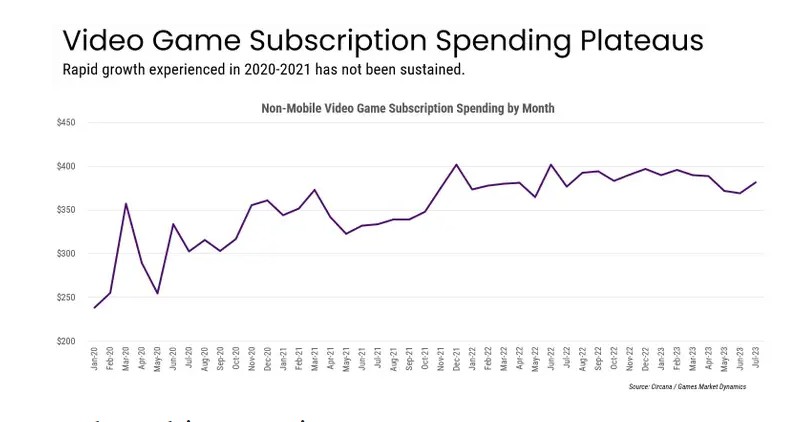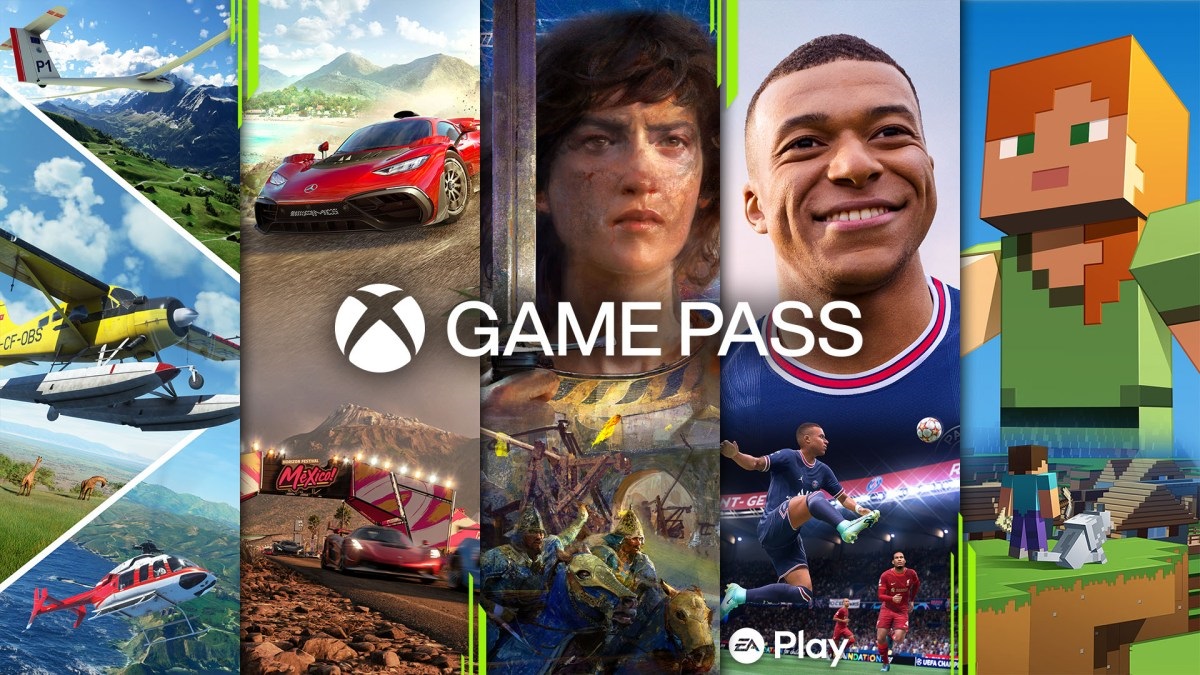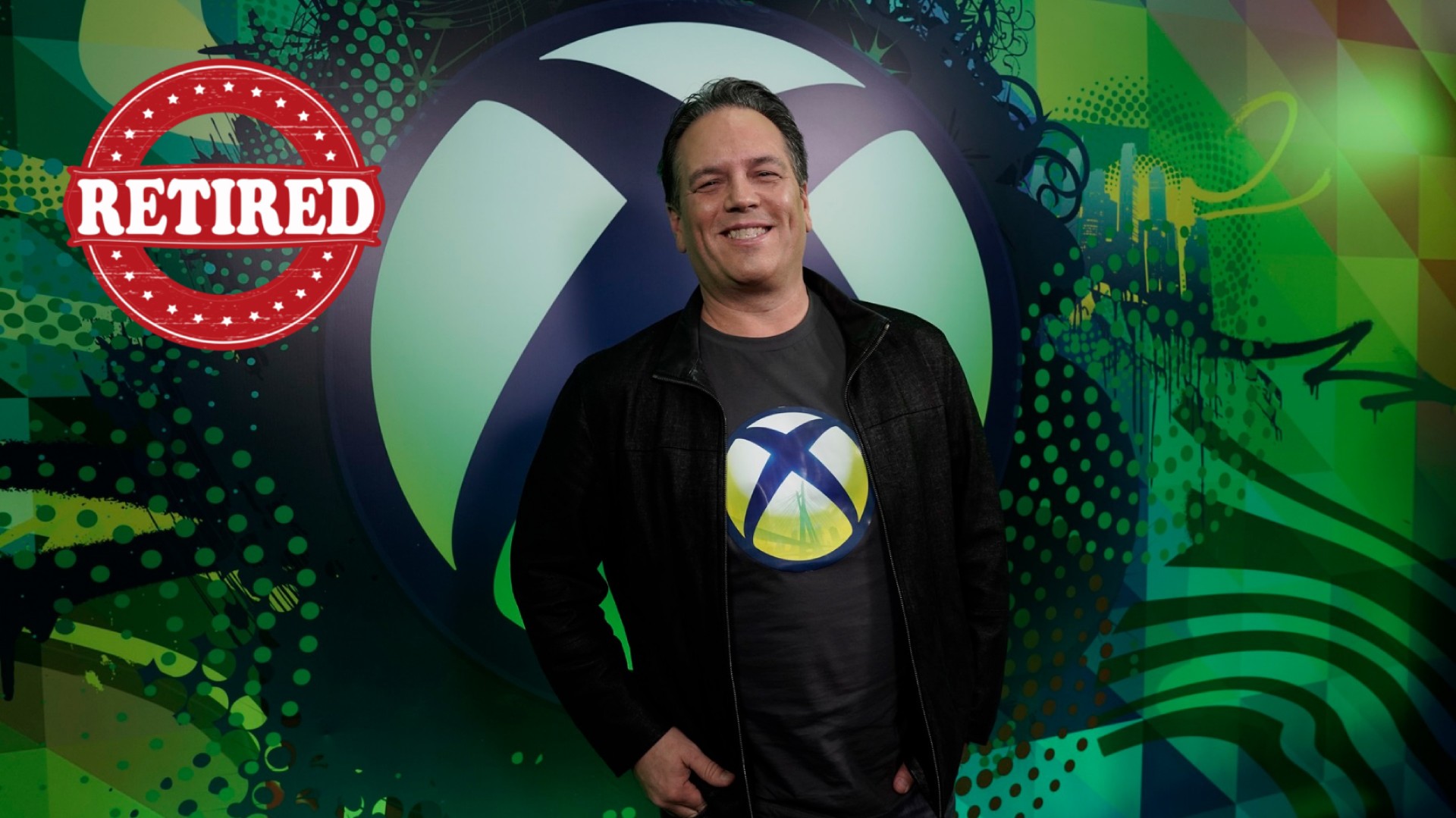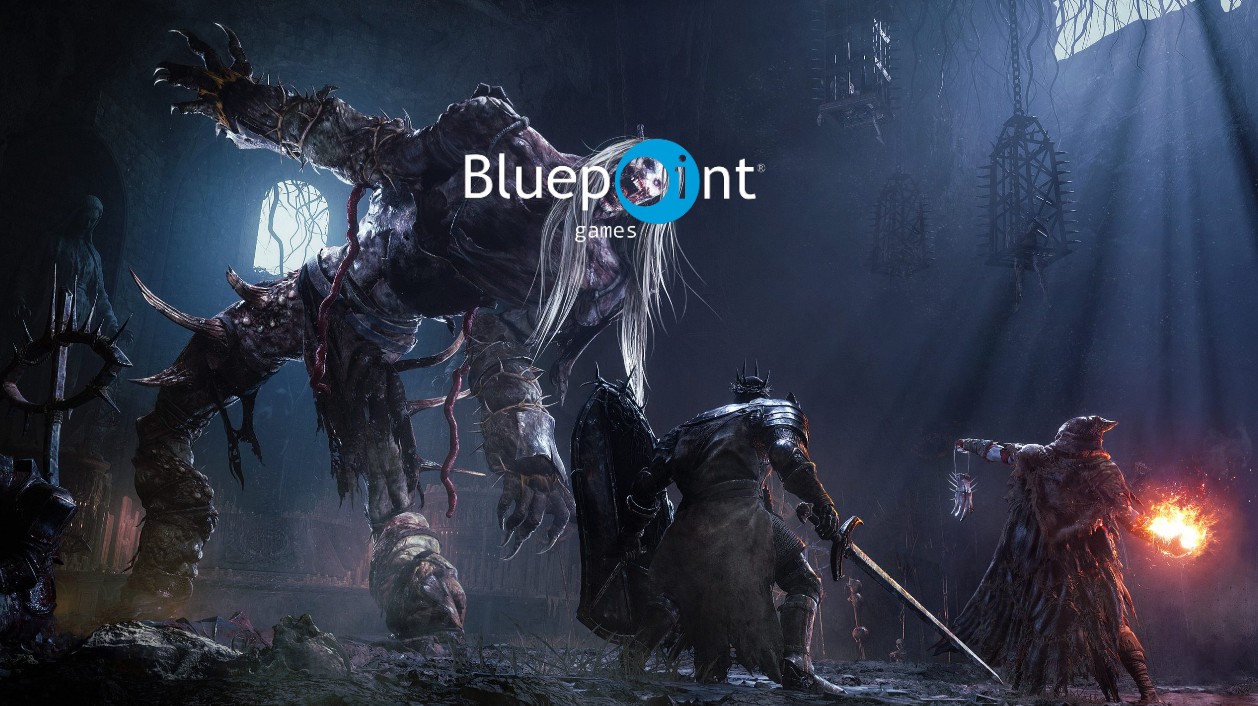Gaming subscription services have grown in popularity in recent years as they allow access to hundreds of titles at low prices, and giants like Xbox made over $2.9 billion from subscriptions in 2021.
While subscriptions like Xbox Game Pass and PS Plus Extra are relatively new, recent reports revealed that consumers have already begun to lose interest in such services, with growth in the US stalling between 2022 and 2023.
Following the previous report, Circana’s latest data again suggests that consumer spending on gaming subscriptions has plateaued.
Why it matters: This may be concerning for companies like Xbox, which have invested a lot of time and effort into pushing subscriptions as a core component of their future business.

The data highlights that spending on gaming subscriptions in the US has not been able to go beyond its highest level in 2021. While the industry saw rapid growth and progress a few years ago, this is no longer the case.
According to the report, monthly subscription spending has settled at around $400 million, a figure the industry had already reached in November 2021. Multiple reasons have likely contributed to this stalled growth.
The economy is currently worse than it was a few years ago. Necessities of life like gas and food are more expensive than ever, leading to consumers having less disposable income for gaming subscriptions.
Multiple premium releases in 2023 can also be considered a massive reason for the declining interest in subscription services.
The current year has been full of high-quality AAA titles, showing no signs of slowing down.
Games like The Legend of Zelda: Tears of the Kingdom and Baldur’s Gate 3 have already amassed millions of players, and upcoming releases like Marvel’s Spider-Man 2 and Starfield are expected to attract similar audiences.
Therefore, subscription services are left facing tough competition in the wake of non-stop premium releases.
Nonetheless, both Sony and Microsoft continue to bolster their subscription offerings.
The latter is going all in with Game Pass, and the former is rumored to be introducing a new emulator for PS2 games, potentially using it to improve its PS Plus Premium classic games offerings.
On the other hand, gaming giants like Ubisoft and EA are also invested in subscription services, with the former gearing up to add a massive AAA release like Assassin’s Creed Mirage to its subscription in October.
Thank you! Please share your positive feedback. 🔋
How could we improve this post? Please Help us. 😔
[News Reporter]
Abiyan is on track to complete his Computer Science bachelor’s degree. His enthusiasm for writing and gaming motivates him to keep readers and gamers updated with the latest information from the industry. In his free time, Abiyan enjoys playing Dota 2 and Rocket League. Abiyan has also been cited in reputed websites such as Kitguru, Comicbook, GamingBible, Eurogamer and Gamingbolt.





